
Ms. Katherine Rong Xin
Ms. Katherine Rong Xin
Independent Non-executive Director
Ms. Xin, graduated from Auhui University (安徽大學) in July 1984 with a bachelor’s degree in English. She obtained a master’s degree in applied linguistics from Graduate University of Chinese Academy of Sciences (中國科學院研究生院) in July 1986, and a master’s degree in business administration from California State University in June 1991. She further obtained a doctor’s degree in business administration from the University of California in June 1995.
Currently, Ms. Xin is an independent non-executive director of Fosun Tourism Group (a company listed on the Main Board of The Stock Exchange of Hong Kong Limited (stock code: 1992)) and E Fund Management Co. Ltd. (a company established in Guangzhou, China with limited liability), respectively. She has been a professor of management since September 2001 and Associate Dean since 2011 at the China Europe International Business School (中歐國際工商學院). From August 2006 to December 2009, Ms. Xin worked as a professor of management at the International Institute for Management Development in Lausanne, Switzerland . She worked as an associate professor of management at The Hong Kong University of Science and Technology from September 1999 to August 2001. From September 1995 to August 1999, she served as an assistant professor of management at the University of Southern California. Ms. Xin served as an independent director in Shanghai Blossom Hill Hotel Management Co. Ltd., (上海布洛斯酒店管理有限公司), a company mainly engaged in boutique hotel management in China under the Blossom Hill (花間堂) brand, from March 2012 to April 2017. Ms. Xin was awarded the Chinese Most Cited Researchers by Elsevier, a global provider of scientific, technical, and medical information, for six consecutive years from 2014 to 2019.
Ms. Xin has entered into a letter of appointment with the Company for a term of two years. She will hold office until the next annual general meeting of the Company and is thereafter subject to retirement by rotation and re-election in accordance with the articles of association of the Company. Ms. Xin will be entitled to receive an annual director’s fee of HK$360,000 which is determined by the Board based on the recommendation of the remuneration committee of the Board and by reference to her duties and responsibilities and prevailing market conditions.
Save as disclosed above, Ms. Xin does not hold any directorship in any other listed public companies, the securities of which are listed on any securities market in Hong Kong or overseas, in the last three years and does not have any relationship with any Directors, senior management or substantial or controlling shareholders of the Company. As at the date of this announcement, Ms. Xin does not have any interest or short position in the shares, underlying shares and/or debentures of the Company or any of its associated corporations within the meaning of Part XV of the Securities and Futures Ordinance, Chapter 571 of the Laws of Hong Kong (“SFO”).
Ms. Xin has confirmed that she has met the independence criteria as set out under Rule 3.13 of the Rules Governing the Listing of Securities on the Stock Exchange (“Listing Rules”). Save as disclosed above, there are no other matters relating to Ms. Xin’s appointment which need to be brought to the attention of the shareholders of the Company and there is no information to be disclosed pursuant to the requirements under Rule 13.51(2)(h) to (v) of the Listing Rules.
The Board extends its warm welcome to Ms. Xin.






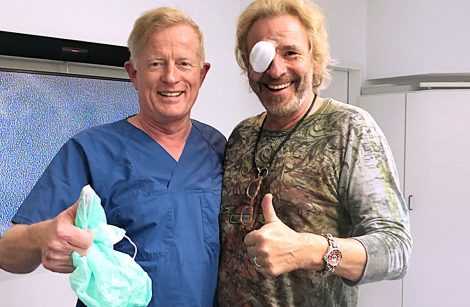

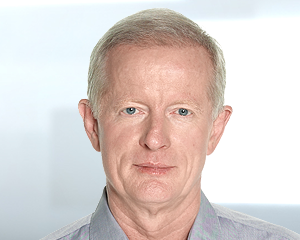






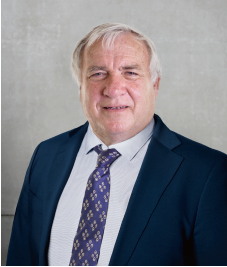

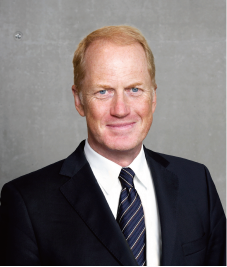

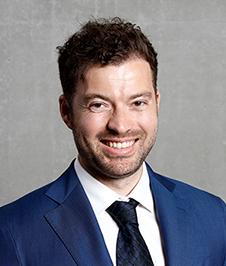
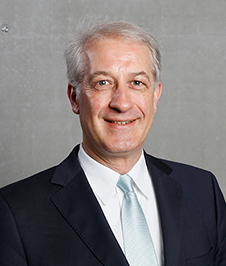
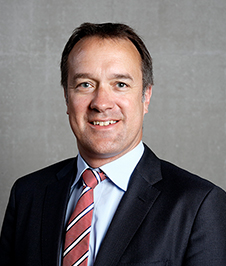
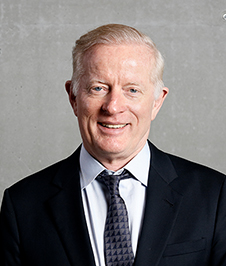


Join our Newsletter